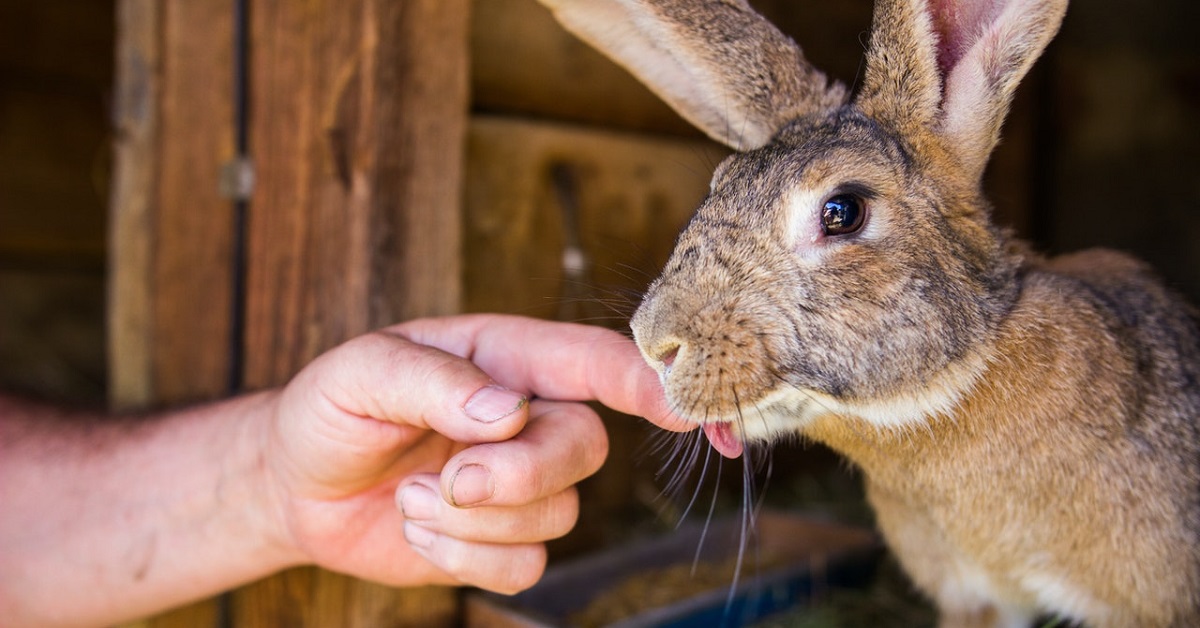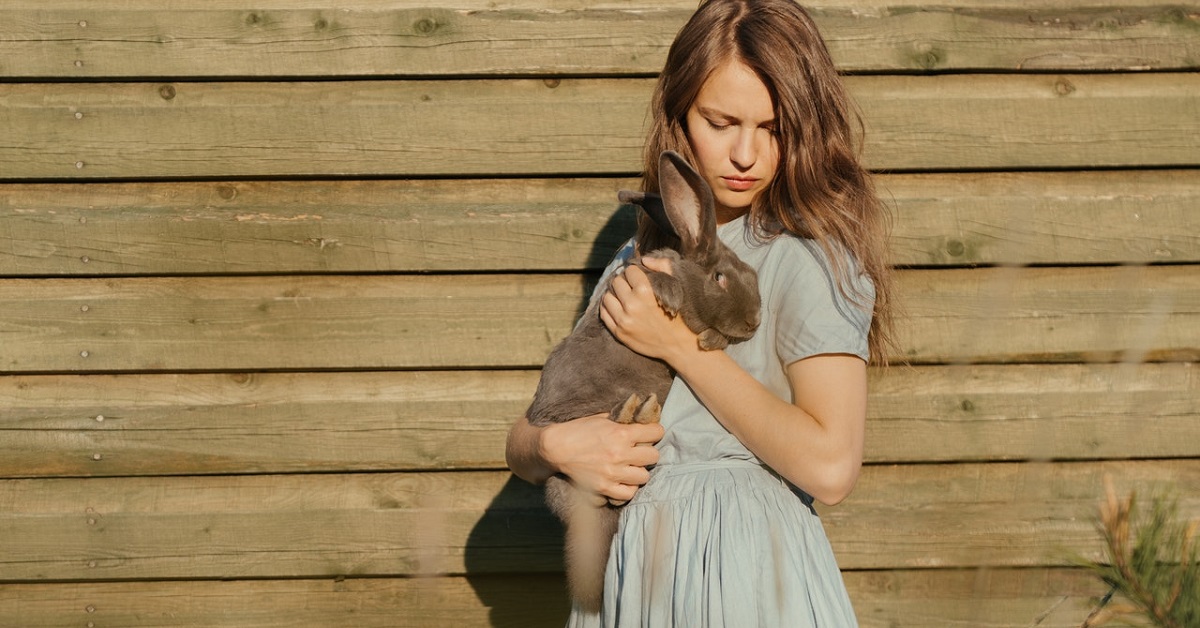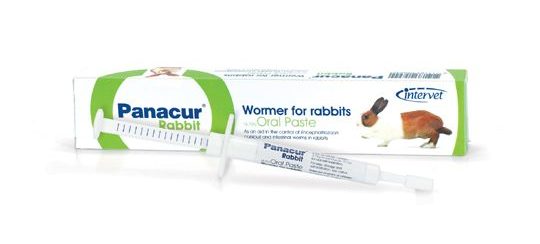Vetpharmacy.co.uk Cookie Policy : We use cookies to enhance your user experience. To find out more please view our cookie policy
How Do I Properly Worm My Rabbit?

While rabbits are much less likely to pick up worms than cats and dogs, they can still do so. Knowing what to look for can assist you in ensuring that your bunny receives treatment promptly and remains happy and healthy, even if they do come into contact with any of these parasites. Continue reading to learn more about worming rabbits.
How do I know if my rabbit has worms?
Frequently, there are no symptoms or only very mild ones. You may notice your rabbit scratching and biting excessively near their bottom, or you may notice tiny white worms around their anus or in their faeces. Weight loss or a degraded coat condition may also indicate an established worm infestation.
Babies are frequently more severely affected than adults, with symptoms including lethargy, significant weight loss, and diarrhoea.
What is deworming therapy?
Worming treatment is a type of anti-parasitic medication that typically kills live worms and eggs. It is simple to administer and should cause no discomfort to your rabbit.
Simultaneously with treatment, you'll need to ramp up cleaning of your rabbit's hutch and play area, removing all faeces until the infection clears up. Additionally, you must be cautious of wild rabbits entering your garden, especially if they have access to areas where your pets have access.

Is worming rabbits necessary if they stay indoors?
While indoor rabbits are not immune to parasites, keeping them inside your home reduces their chances of contracting them from another animal or wild rabbit. Unless, of course, you have cats or dogs, in which case they may still contract worms. Regular deworming of your other pets should help protect your rabbit as well.
Is worming necessary for baby rabbits?
Because rabbits are less susceptible to worms, you do not need to treat them when they are young. If you have any concerns or suspect worms, consult your veterinarian. They will be able to advise you on the best course of action and any preventative treatments available.

Preventing worms
You should regularly clean your rabbit's hutch and keep dogs and cats away from their grazing area. Additionally, you should immediately clean up any other pets' mess in the garden. Foxes should be kept as far away from your garden and any areas where your rabbit may graze as possible. If you notice any evidence of a fox, remove it immediately.
Rotate the areas your rabbit grazes on a regular basis and, if possible, keep a small number of rabbits to reduce living density. Additionally, avoid picking wild greens from areas that may have been visited by other animals.
Diagnosis & Treatment (Worming rabbits)
Worming treatment is frequently administered to your rabbit in the form of a paste that you squeeze into their mouth. Furthermore, it may come in the form of a liquid or powder that you mix into their food or water. Your veterinarian will advise you on the best course of action based on the species.
Unlike cats and dogs, rabbits do not require routine worming because they are less likely to contract worms. If you suspect they have worms, it is best to have them checked by a veterinarian who can prescribe the appropriate treatment. Numerous parasiticide products may have an adverse effect on the environment, which should be minimised. You can discuss with your veterinarian ways to help mitigate the negative effects. However, certain parasites will be resistant to certain medications. Your veterinarian will be able to advise you on the best course of action for your pet. Worming your rabbit can enable them to live a healthy life without any problems.
Learn more on rabbit worming treatment in our previous blog post here:
Below is a wormer for rabbits that we recommend:
Panacur Rabbit Oral Paste

Shop Panacur Rabbit Oral Paste
This blog post was written on behalf of Vet Pharmacy by Pharmacy Mentor.